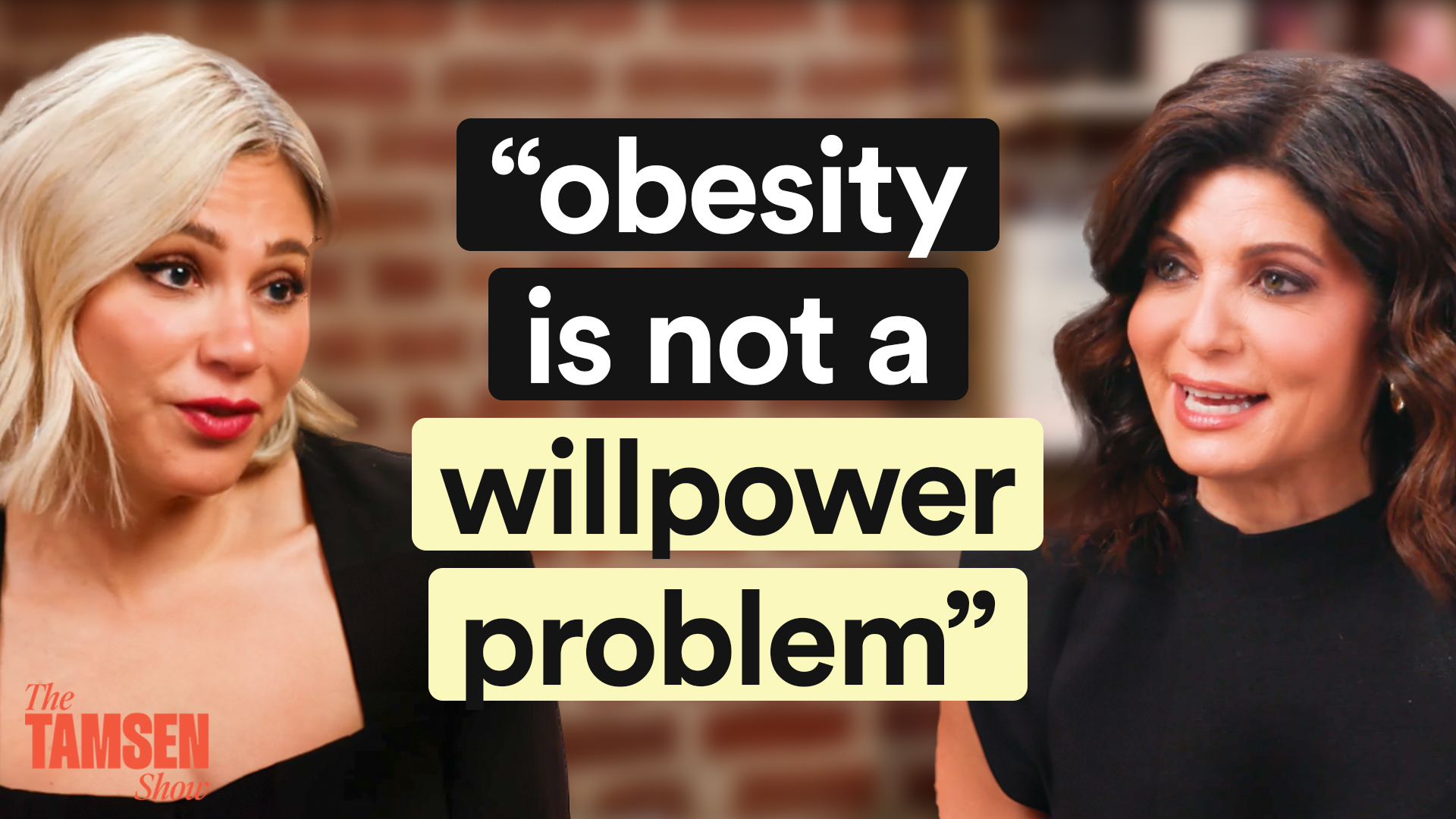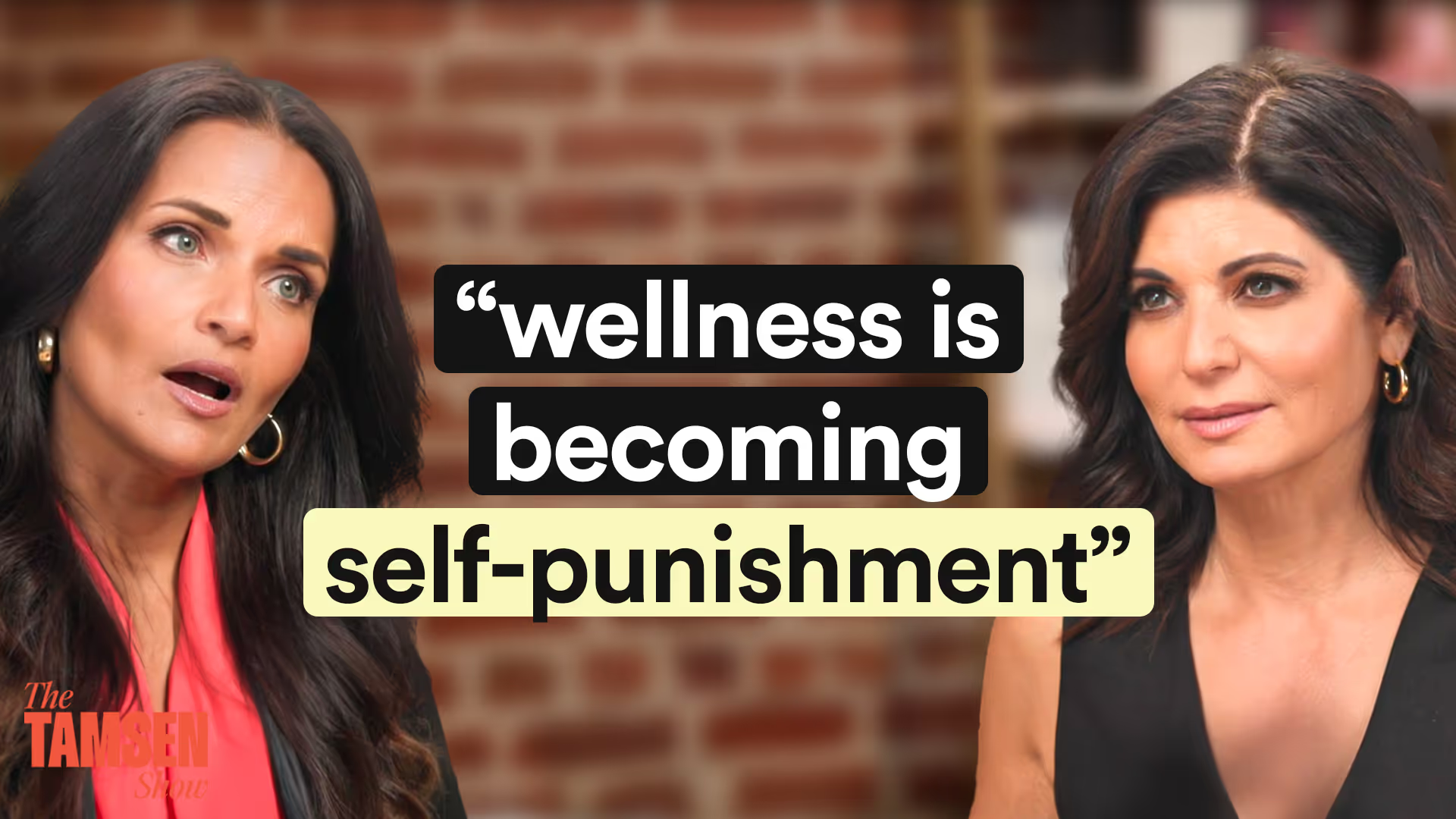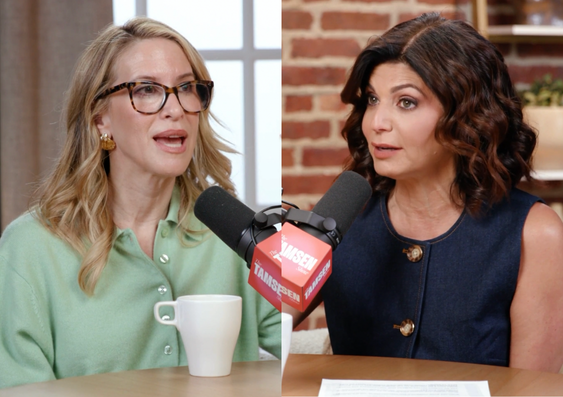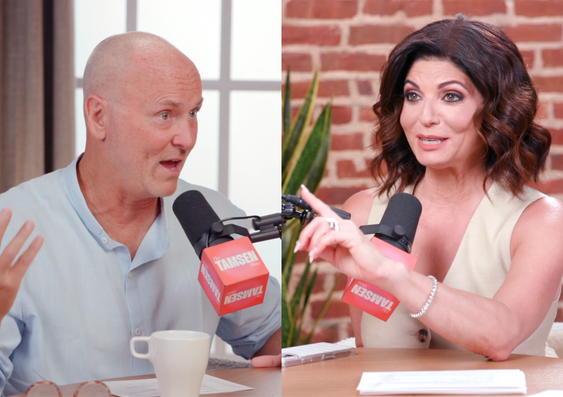How does menopause affect the heart? That is the question I had for Dr. Jayne Morgan, a cardiologist, about a crucial topic that often gets overlooked during menopause: heart health.
Keeping Your Heart Healthy In Menopause
Dr. Morgan stresses the importance of recognizing the link between menopausal symptoms and heart health. Factors like hot flashes, sleep disturbances, and the decline in estrogen levels are intricately connected to heart health.
Understanding Your Risk of Heart Disease in Menopause
Hot Flashes and Heart Disease: The frequency, intensity, and duration of hot flashes can indicate an increased risk of heart disease.
Sleeplessness and Insomnia: Disturbed sleep patterns, common in menopause, are associated with heart disease risks.
Estrogen and Heart Protection: The decline in estrogen levels during menopause removes the cardioprotective benefits women have before menopause, leveling their heart disease risk with men.
Being Proactive About Heart Health
Dr. Morgan says it is important to find a physician who understands and takes menopausal symptoms seriously. You want to find a doctor who is willing to talk to you about the various options available to you.
Recognizing and Responding to Symptoms
If you experience hot flashes, sleep disturbances, or other menopausal symptoms, don't dismiss them. These may be indicators of potential heart health issues.
Lifestyle Changes for Heart Health
Diet: Focus on a heart-healthy diet low in inflammatory foods. Processed foods, red meats, and fried foods should be minimized, while fresh fruits, vegetables, and low-inflammatory foods should be prioritized.
Exercise: Incorporate resistance training into your routine, essential for maintaining bone and heart health.
The Importance of a Healthy Diet
Dr. Morgan emphasizes the need for a diet that supports heart health, particularly during menopause. This means consuming fresh, unprocessed foods and being mindful of ingredients that can cause inflammation.
Monitoring and Seeking Medical Advice
Regular check-ups with a healthcare provider specializing in menopause and heart health are crucial. Keep an eye on your cardiovascular health as you transition through menopause.
Dr. Morgan's Parting Advice
Dr. Morgan encourages women to take their heart health seriously during menopause. By being aware of the changes and risks, you can take proactive steps to maintain a healthy heart.
For more comprehensive information on menopause and heart health, explore our full Menopause Masterclass series.
Disclaimer: This blog post is for educational purposes only and is not a substitute for professional medical advice. Consult with a healthcare provider for personalized guidance.






.jpg)
.jpg)







